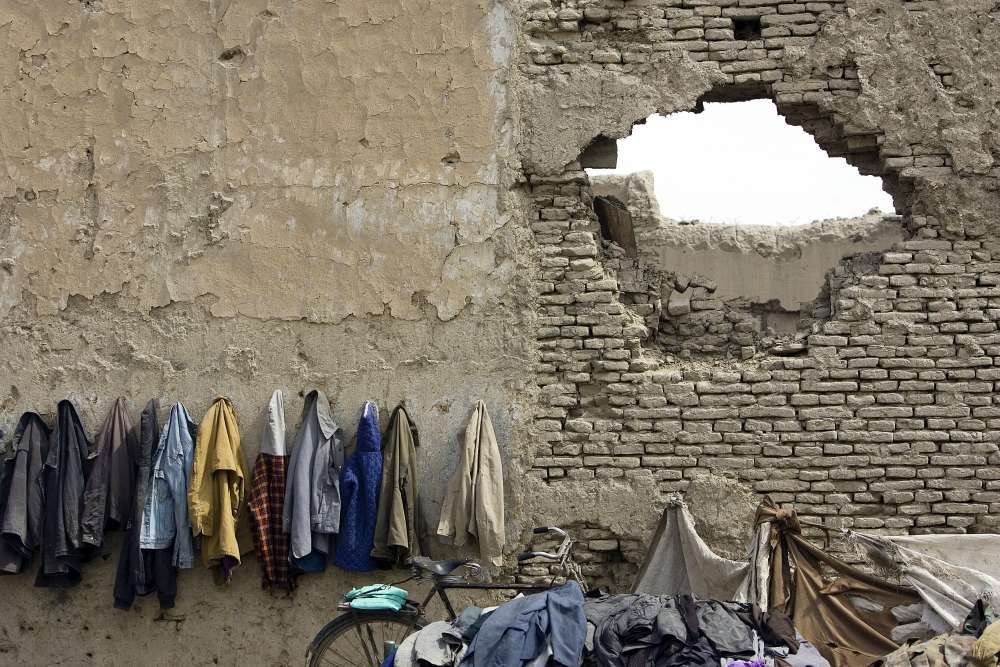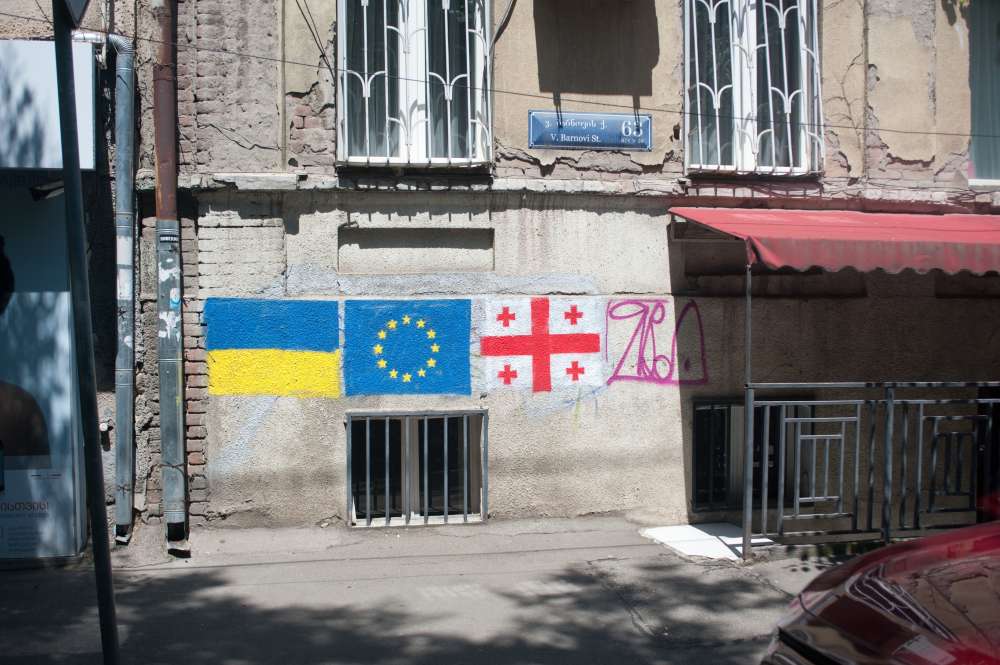Europe Needs to Step Up its Anti-Terror Cooperation

In the aftermath of the Paris attacks, German President Joachim Gauck has been making loose talk about “a new kind of war,” which, some say, would require the creation of a new anti-terror unit for the European Union. But this misses the whole point. Europe does not have any shortage of special forces – it already has the German SEKs and GSG‑9 as well as the French RAID. No, the Paris attacks expose different weaknesses in Europe’s anti-terror efforts. Known Islamist extremists were able to plan a sophisticated series of attacks, undetected, while moving effortlessly within the EU Schengen passport-free travel zone (e.g., between Belgium and France), as well as between Islamic State – controlled territories in Syria/Iraq and the Schengen area.
To address these weaknesses, Europe must invest in better anti-terror cooperation. This requires, first and foremost, strong capacities at home. Germany needs to get its own house in order. In Germany, there are 1,000 individuals who have been identified as part of the “Islamist-terrorist” milieu. Authorities have classified 427 of these people as Gefährder, or ready to commit attacks. Germany has 200 residents who went to fight with the Islamic State and have since returned – a number that is growing fast.
According to Thomas de Maizière, the German minister of the interior, a “complete monitoring of these Gefährder is not readily possible due to legal reasons and the fact that it requires a lot of resources.” De Maizière argues that “irregular monitoring“ and “monitoring on special occasions“ can be more effective. But it is inconceivable that this statement will hold after a successful attack in Germany is committed by known extremists who were monitored only on and off.
Therefore, it is critical that Germany build foundations at the legal and staffing levels to allow for a complete monitoring of known Gefährder. In this context, it is crucial to openly and thoroughly discuss the use of electronic tags and the imprisonment of these individuals. A binding decision on the use of such controversial means should be taken now – not in the heat of the moment, after a successful attack.
Good intelligence and police work at home alone are not sufficient. All EU countries must agree on uniform standards for the monitoring of Islamist extremists, including sound standards of accountability applied to authorities tasked with carrying out the monitoring. The implementation of these standards should be controlled by a rigorous peer-review process.
Anti-terror cooperation in Europe is only as strong as its weakest links. Unfortunately, there are far too many weak links at the moment: national authorities out of their depth (e.g., in Belgium), uncontrolled external borders, incompatible national databases. Terrorists move freely within Europe. But there exists, across borders, no meaningful integration of the work conducted by intelligence and law enforcement agencies. Not least to rescue the Schengen zone, EU countries urgently need to correct this imbalance.
…
A German-language version of this piece ran on November 27, 2015, in Wirtschaftswoche.







